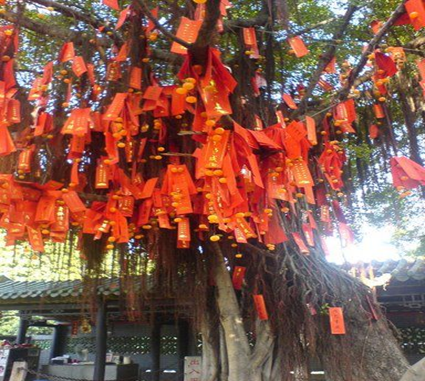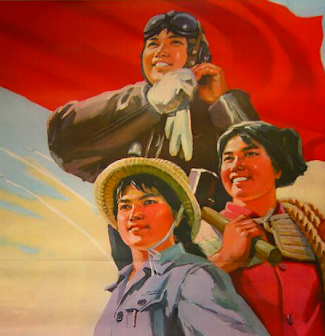International Women’s Day (国际妇女节) (Guójì fùnǚ jié) is a worldwide holiday recognizing women’s contributions to society. This day can also be referred to in China as 三八节 (Sānbā jié), as it falls on 03/08.
Recently, Chinese female college students have made their own version that happens the day before on March 7: Girls’ Day (女性节) (Nǚxìng jié).
But what’s so different about the two?
妇女 vs. 女性
 A march for recognition of women's contributionsThe largest difference can be found in the wording of the two holidays. 国际妇女节 uses the characters 妇女 (fùnǚ) to denote “women.” This meaning is more descriptive of wives and mothers.
A march for recognition of women's contributionsThe largest difference can be found in the wording of the two holidays. 国际妇女节 uses the characters 妇女 (fùnǚ) to denote “women.” This meaning is more descriptive of wives and mothers.
This resulted in younger girls in China feeling out of place.
Enter 女性 (nǚxìng). 女性节 falls on the day before International Women’s Day and has grown in popularity over the past few years. This word is more inclusive to younger women who are not yet married or mothers.
It is also symbolic that Girls’ Day comes before Women’s Day as the girls will become women in the future.
How to Celebrate Women’s Day vs. Girls’ Day
 A mother and daughter celebrating Women's Day and Girls' DayIf you ever find yourself in China on Women’s Day, you may have deja vu. Typical Women’s Day celebrations are very similar to Valentine’s Day or Mother’s Day.
A mother and daughter celebrating Women's Day and Girls' DayIf you ever find yourself in China on Women’s Day, you may have deja vu. Typical Women’s Day celebrations are very similar to Valentine’s Day or Mother’s Day.
Chocolates, flowers, jewelry and more are all presented to the women of China. Gifts from sons and husbands given to mothers and wives make online shopping a necessity.
In fact, Alibaba retitled “Women’s Day” as “Queen’s Day” to increase the amount of money spent on this holiday.
Girls’ Day is a different story. While it does involve gifts, none are to the scale of Women’s Day.
A large part of celebrating Girls’ Day is competitions. Competitions include anything from dancing competitions to cooking competitions
 A Girls' Day wish treeSome universities go as far as to create wishing boards or wishing trees. Female students can write their wishes and hang them on the board or tree.
A Girls' Day wish treeSome universities go as far as to create wishing boards or wishing trees. Female students can write their wishes and hang them on the board or tree.
Some renditions of these even have male students writing love letters on the wishing board.
The Problem with Girls’ Day
 The poster reads: "Your Daughter has 26 or 27 godfathers (among her male classmates," which is seen as a form of harassment by the three students pictured. While this day is meant to honor young women, it instead has an adverse effect.
The poster reads: "Your Daughter has 26 or 27 godfathers (among her male classmates," which is seen as a form of harassment by the three students pictured. While this day is meant to honor young women, it instead has an adverse effect.
On college campuses, male students will hang banners that largely propagate sexist attitudes towards women.
Female students such as Zhang Wanqing want to abolish this holiday, as it is fundamentally rooted in sexism. Zhang wrote on posters, “Instead of perfume and lipstick, we prefer equality, freedom, independence and respect.”
These progressive ideas have spread through the larger cities in China and continue to gain popularity.
What do you think? Is Girls’ Day valid in that it celebrates female students across China? Or does its sexist undertones undermine that celebration?



0 Comments